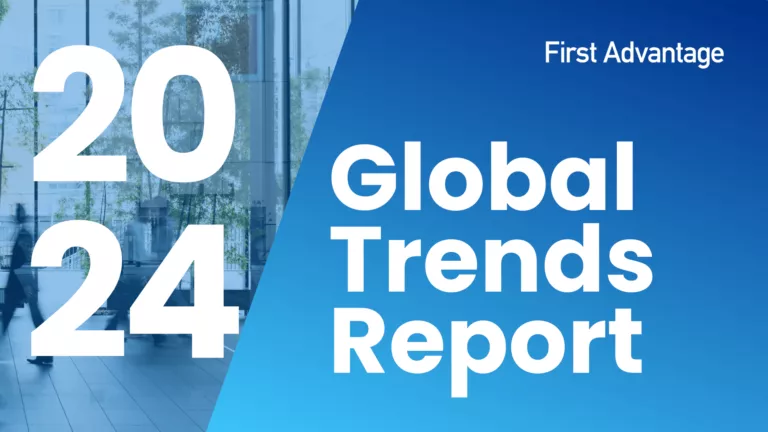Victoria Lipnic, EEOC Commissioner, called it a “wise practice” to allow candidates to explain past crimes as part of an individualized assessment, in an article* for the Society for Human Resource Management (SHRM). Yet in that same article, she goes on to say that an individual assessment is not always required under Title VII; it depends on the situation and circumstances. For example, she remarked that a day care center would not need an individual assessment of a child molestation conviction before eliminating the individual from consideration.
Basically, an individualized assessment process allows a candidate to provide evidence that a conviction is not related to his or her ability to perform a job and allows employers the opportunity to determine whether a criminal record is specifically related to the position. Unfortunately, the Guidance provides little to no direction around how to set up a standardized process for performing individualized assessments. And companies appear to be interested in improvements. In a recent survey by First Advantage, responses indicated as follows (they could select more than one area they would want improved):
- 28% Selected “How the process is conducted”
- 31% Selected “How the process is documented”
- 31% Selected “How the process is communicated to the applicant”
- 40% Selected “How the process is communicated internally to recruiters/HR/hiring manger/legal”
*Article available to SHRM members only. Titled, “EEOC Guidance Encourages Individualized Assessment of Criminal Conduct in Background Screening” Written April 25, 2012–shortly after the guidance was announced.

 京公网安备 11010502052956号
京公网安备 11010502052956号

